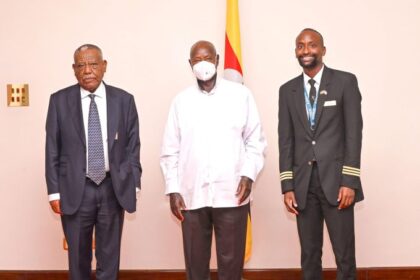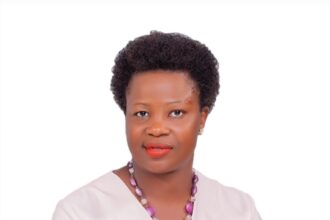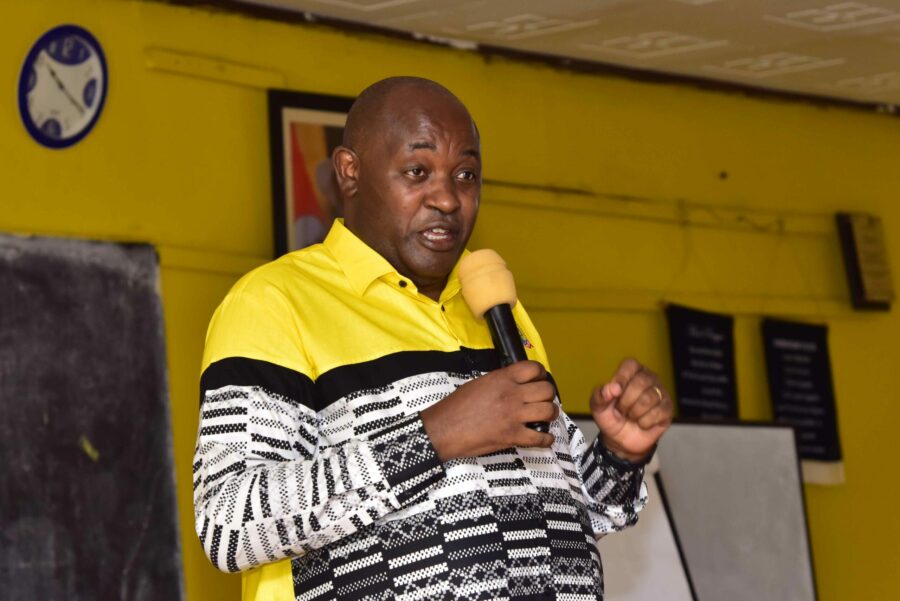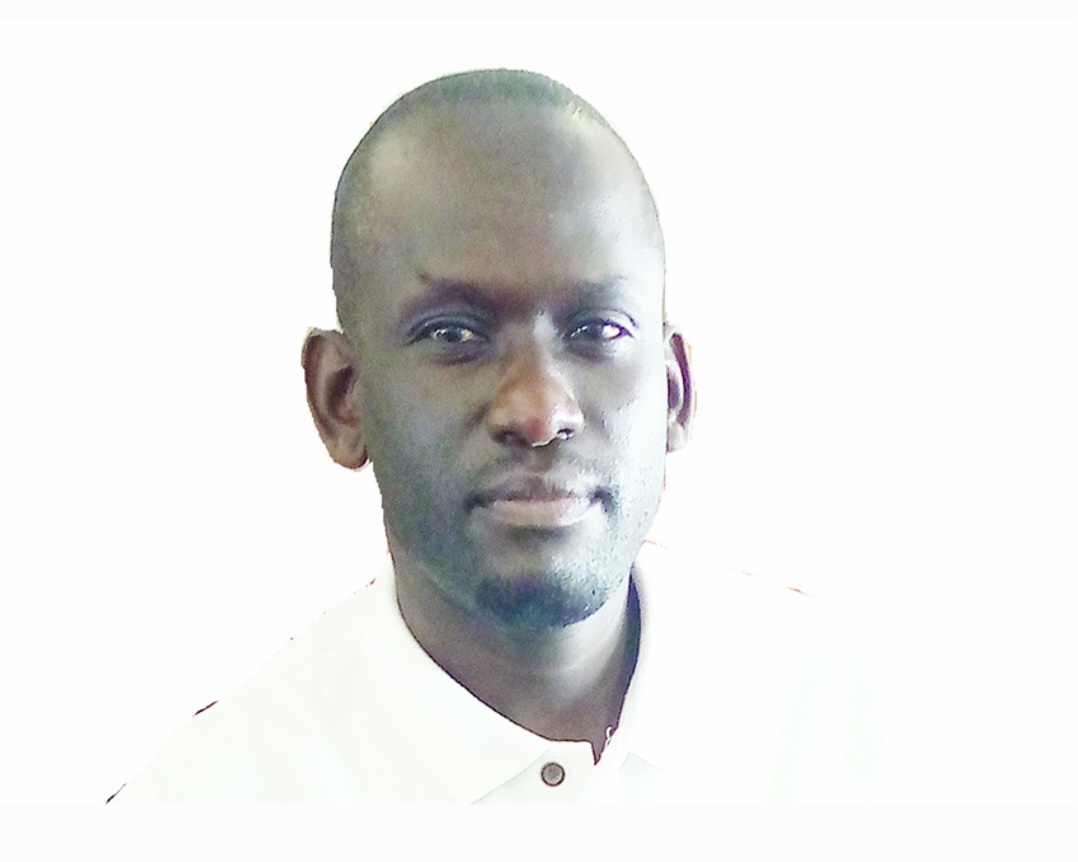By Dr. Ian Clarke
‘Extravagant spending of money by socialites is a bad education to the youth, because they will not plan for hard earned money, as they also spend freely to make a name’. Thus spoke Father Lokodo.
I rarely agree with any of the pronouncements of the Reverend politician, but in this case I do. In Uganda we seem to have more role models of people who flash around money of dubious origin, rather than those known to be successful through hard work.
Those who espouse diligence and hard work as a road to success are often seen as naïve and old fashioned. Many feel that working in a grinding job, and saving gradually to build up their assets, is no longer the smart thing to do. Working ‘SMART’ (specific, measurable, attainable, realistic, and time bound) has now been reinterpreted as ‘anything goes as long as you get there fast’.
The lack of a strong work ethic contributes to the reputation of Ugandans as being lazy – because working hard is not high on our list of values, as compared, for example, to South Koreans.
We don’t perceive our politicians as having got where they are through the sweat of their brow; we see them as those who have spread money around in campaigns, and hit the jackpot in the elections. Our understanding of politics is not about working hard to serve the people; politics is seen as the road to riches.
When we hear of someone who has money, the first thing we ask is where his money came from. Does he work in a government? Was he an engineer on a big roads project? Was he part of a tendering committee? Or was he someone who worked in a telecom company? Or a bank, and left under unclear circumstances to become a ‘consultant’? Then we compare such people to those we know to be honest and hardworking, and conclude that hard work doesn’t pay.
An acquaintance criticized her own father for not taking advantage of his high- level government position to get rich. She thought his values of integrity, honesty and loyalty were less important than using his position to enrich himself. She demonstrated the difference between the values of some of that older generation of civil servants, and recent generations who believe the end justifies the means. But there are signs that things are changing.
I see more young people trying to build up honest entrepreneurial businesses for themselves. I know several well-educated young men who are farming. One is growing passion fruit, another has twenty acres in coffee and matoke and is very happy with the returns. I detect a renewed spirit of self-reliance: people are no longer waiting for the government to provide opportunities, but getting on with their own projects.
Perhaps Ugandans are finally starting to move away from the spirit of dependency. By this I mean a mentality of waiting for someone, or something, to happen to them, which will make them successful. This attitude has been encouraged by the politics of this country. For example, a group of youth will form an organization and campaign for the President, in the hope that he will notice them and give them a hefty donation, as has happened on many occasions.
They are not acting by conviction; they are hustling for money. The same kind of mindset has resulted in the exponential growth of sports betting shops, because people live in the hope of making a big pay off. Almost all of the ‘Youth Livelihood’ projects run by KCCA failed, because the young people who received grants had the mentality that they had scored from government. They did not understand it was seed money for a project, which they would have to work hard to make succeed.
As long as Ugandans feel that life is about positioning oneself for the opportunity to scam, hustle or steal, they will have no interest in working hard, because they see no value in it.
This is why education should start with teaching values, rather than cramming children full of knowledge. If our kids grow up with the values of integrity, honesty, work ethic, punctuality, compassion and kindness, these values will shape the person they become. Conversely, if the only role models they see around them demonstrate self-preservation, greed, lying and deceit, what kind of adults will they become?
I agree with Father Lokodo: role models of self-reliance and a strong work ethic will do much more for Uganda than those who flash around easy money.
Do you have a story in your community or an opinion to share with us: Email us at Submit an Article






